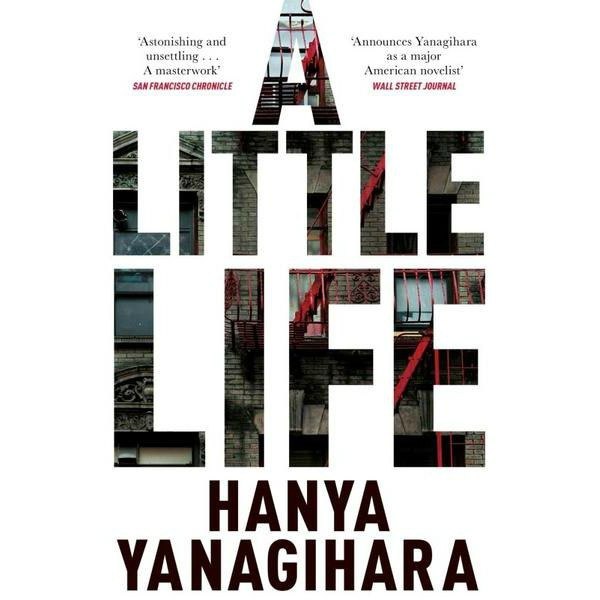 |
| Han Kang |
I noticed that the adjective “cold” appeared in the novel roughly three dozen times in all seven chapters with a multitude of connotation. The infamous uprising not only obliterated the death but also extinguished the flame of survivors’ hope for personal justice in the aftermath. The numbing effect therefore doomed the ones left behind with a lifetime of picking up the broken pieces of their shattered and perpetually tormented souls by the curse of memories and debilitating grief.
Have you heard about the Milgram experiment in which people abandoned their personal conscience to blindly obey authority? This chilling trait of human nature was responsible for recurring horrific crimes against humanity throughout our brief chronicle of mankind. Blessed be the heart of the courageous ones who choose to stand on the right-side history in opposition of mass obedience for oppression.



